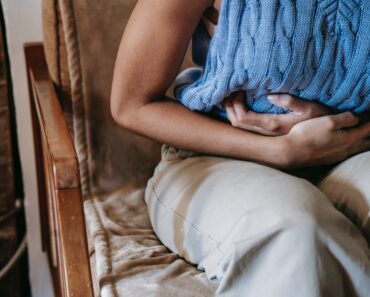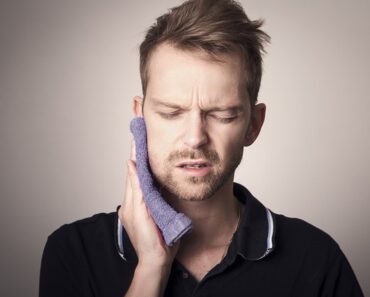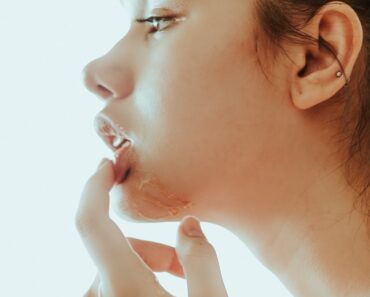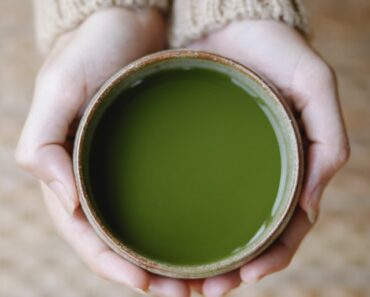The American Academy of Dermatology (AAD), reported that around 80 million men and women in the United States suffer from alopecia that is commonly termed as hair loss. It may affect only the hair on the scalp or the whole body. Although hair loss is common in older people excessive hair loss can also occur in children that need to be treated. However, it is important to note that 50-100 hair loss per day is normal as there are about 100,000 hairs on the head and this slight loss is unclear [1]. Also, new hair continues to grow to replace damaged hair but an imbalance in hair loss and hair growth or absence of hair growth results in alopecia that may either be suddenly or gradually over time.
To stop hair fall through natural remedies, it is important to rule out the root cause of hair loss as there are various reasons for it.
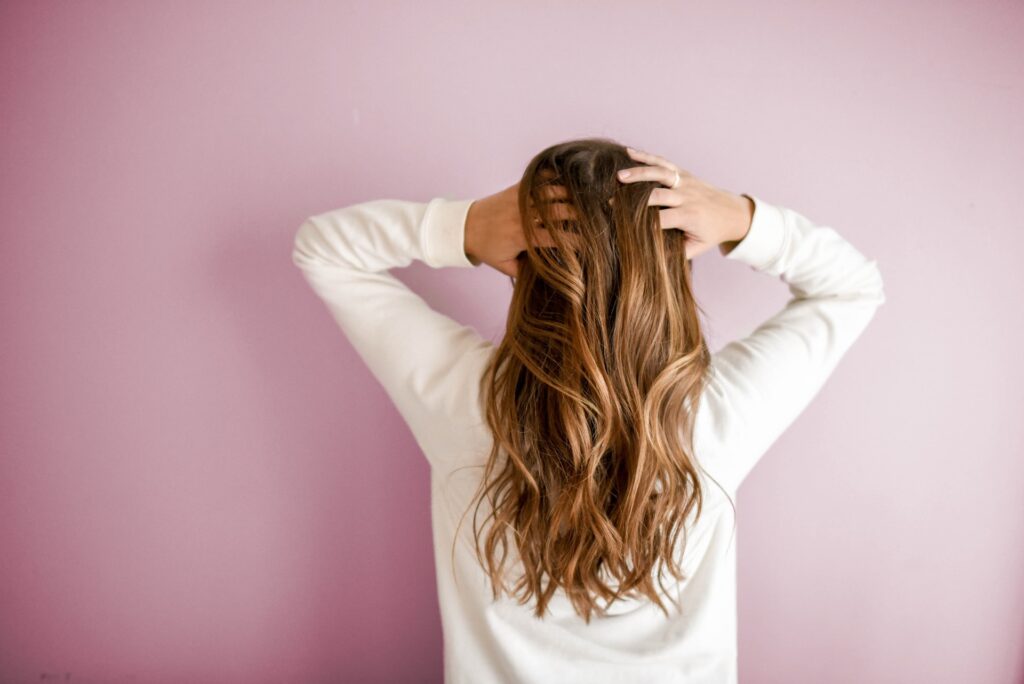
Causes of Hair loss
- The most common cause of hair loss is hereditary alopecia or a genetic disease that develops with age and this condition is called androgenetic alopecia. The baldness pattern predicts the genetic cause of hair loss as both the male pattern baldness and female pattern baldness are different. This is usually noticeable in the form of a receding hairline in men and women in the upper part of the scalp [2].
- Hormonal changes and imbalances can cause permanent or temporary hair loss. The most common phase of hormonal changes is during menopause, pregnancy, child delivery, and thyroid problems. According to an American study, hair loss in women is mostly due to the hormonal changes during these periods. Therefore, it is important to consult for the treatment of hormonal imbalances [3].
- There are certain medicines, dietary supplements, and treatment interventions that cause hair loss as a side effect of these medications. Especially those that are consumed to treat arthritis, cancer, anxiety and depression, cardiovascular disease, gout, and hypertension [2].
- When a person goes through any stressful event, he/she may experience generalized hair thinning within a few months of physical and emotional shock. However, this hair loss is usually restored after the end of stress [1, 3].
- It has been observed that excessive hairstyles or treatments can make the hair appear tighter. This can cause hair loss known as alopecia and it can be restored with regular hair care with hot oil and a permanent hair care plan [2].
Medications that Cause Hair Loss
Certain medicines cause hair loss by disrupting the normal hair growth cycle on the scalp. A normal hair growth cycle is comprised of three phases namely anagen, telogen, and hair fall. In the Anagen phase, the hair growth is continued during the 2-7 year growth period, whereas during the telogen phase, which lasts about three months, the hair will rest. By the end of this second phase, the hair fell out and is usually replaced with a new one [4]. Ezekwe, King, and Hollinger published a list of medicines that were found to be influencing the normal hair growth and hair fall cycle. This included acne medicines, anti-fungal, antibiotics, antidepressants, contraceptives, epilepsy and Parkinson’s drugs, steroids, ACE inhibitors, medicines to control blood pressure and cholesterol, diuretics, beta-blockers, thyroid medicines, Nonsteroidal Anti-inflammatory Drugs (NSAIDS) [5].
If you are using any of these medicines and experiencing serious hair fall, consult your physician to discuss the issue and stop hair fall without undergoing any hair loss treatment.
Vitamins and Minerals Deficiencies
The most common nutrient deficiency that is linked to hair loss is iron deficiency that is the leading cause of hair fall, especially in postpartum and postmenopausal women. Iron is the primary nutrient required for the production of hemoglobin, which helps transport nutrients and oxygen to the hair follicles. The deficiency of iron and hemoglobin leads to hair fall, hair thinning, and restricted hair growth [6]. To overcome iron deficiency, it is important to intake iron-rich foods such as red meat, seafood, beetroot, and carrots.
Besides iron, nutrients such as Vitamin D, zinc, and selenium are also essential for hair growth and preventing hair loss. Vitamin D helps in growing new hair, zinc helps in strengthening the hair follicles, selenium is required to regularize thyroid functioning and prevent hypothyroidism [7].
Therefore, people who are failed to find the root cause of the hair loss should go for laboratory diagnosis of iron, Vitamin D, Zinc, and Selenium and in case of any deficiency, they have to intake respective supplements or medicines to restore deficiencies and stop hair loss naturally.
References
- Wambier CG, Vaño-Galván S, McCoy J, Gomez-Zubiaur A, Herrera S, Hermosa-Gelbard Á, Moreno-Arrones OM, Jiménez-Gómez N, González-Cantero A, Fonda-Pascual P, Segurado-Miravalles G. Androgenetic alopecia present in the majority of patients hospitalized with COVID-19: The “Gabrin sign”. Journal of the American Academy of Dermatology. 2020 Aug 1;83(2):680-2.
- Strazzulla LC, Wang EH, Avila L, Sicco KL, Brinster N, Christiano AM, Shapiro J. Alopecia areata: disease characteristics, clinical evaluation, and new perspectives on pathogenesis. Journal of the American Academy of Dermatology. 2018 Jan 1;78(1):1-2.
- Rajabi F, Drake LA, Senna MM, Rezaei N. Alopecia areata: a review of disease pathogenesis. British Journal of Dermatology. 2018 Nov;179(5):1033-48.
- Strazzulla LC, Wang EH, Avila L, Sicco KL, Brinster N, Christiano AM, Shapiro J. Alopecia areata: an appraisal of new treatment approaches and overview of current therapies. Journal of the American Academy of Dermatology. 2018 Jan 1;78(1):15-24.
- Ezekwe N, King M, Hollinger JC. The use of natural ingredients in the treatment of alopecias with an emphasis on central centrifugal cicatricial alopecia: a systematic review. The Journal of Clinical and Aesthetic Dermatology. 2020 Aug;13(8):23.
- Ashique S, Sandhu NK, Haque SN, Koley K. A Systemic Review on Topical Marketed Formulations, Natural Products, and Oral Supplements to Prevent Androgenic Alopecia: A Review. Natural Products and Bioprospecting. 2020 Oct 4:1-21.
- Bartere SA, Malode LL, Malode GP, Nimbalwar MG, Gulhane CA, Manwar JV, Bakal RL. Exploring the potential of herbal drugs for the treatment of hair loss. GSC Biological and Pharmaceutical Sciences. 2021;16(2):212-23.

